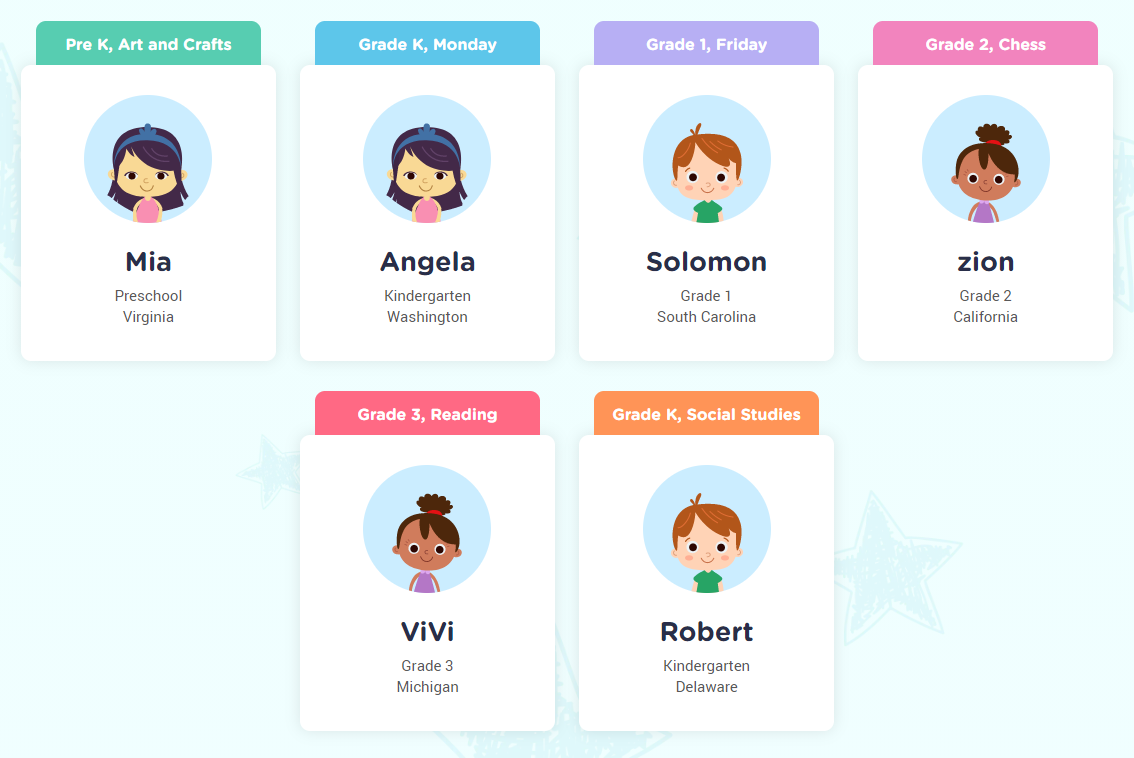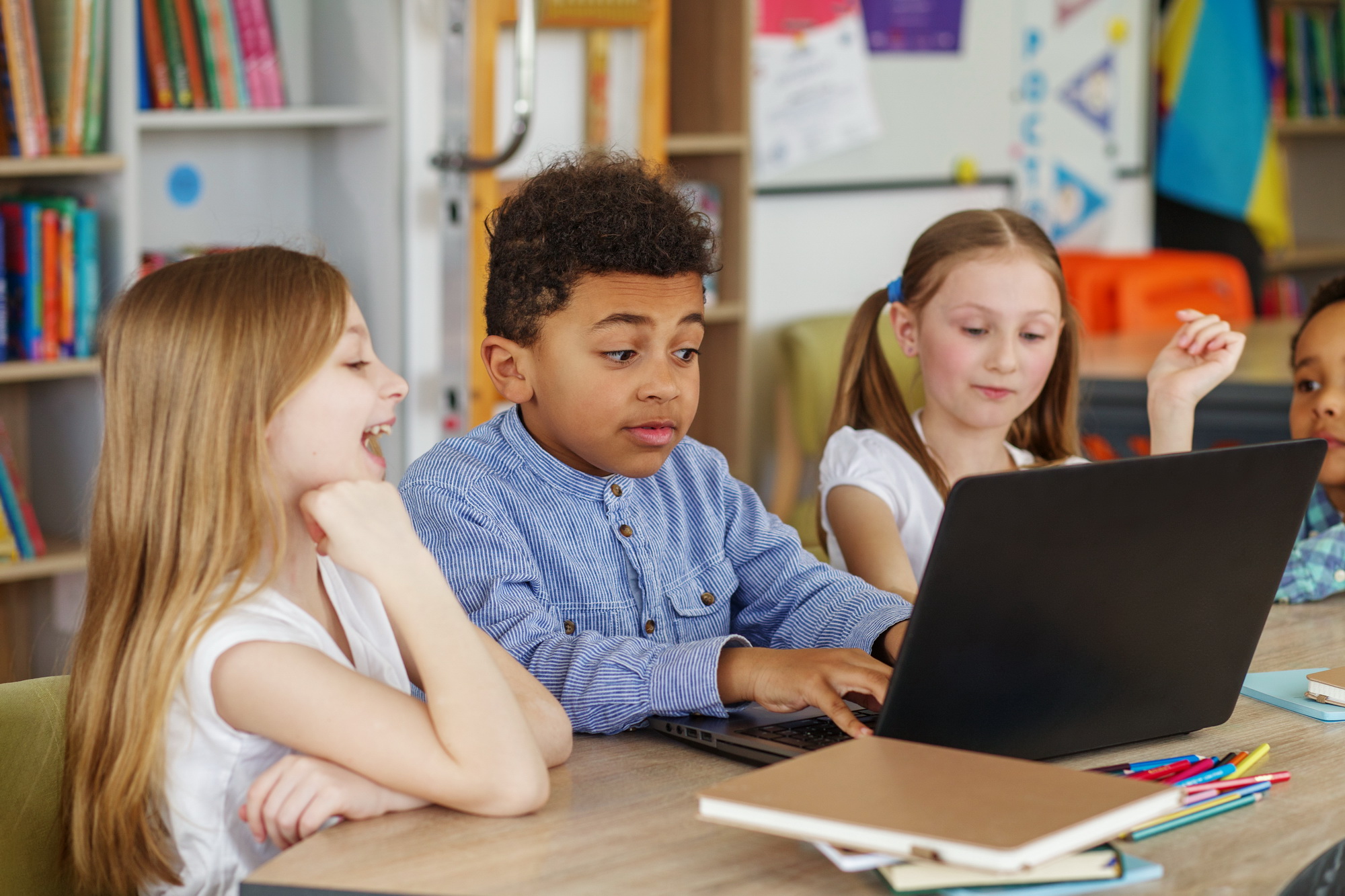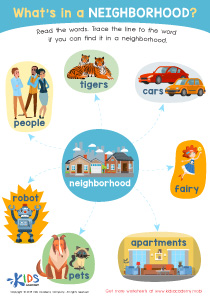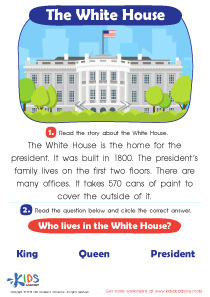Problem-Solving Skills Normal Grade 1 Social Studies Worksheets
5 filtered results
-
From - To
Our 1st Grade Social Studies Problem-Solving Skills Worksheets empower young learners with essential critical thinking abilities. Designed to align with educational standards, these engaging worksheets challenge students to solve everyday social scenarios. Kids will examine community-related tasks, explore decision-making processes, and enhance their reasoning skills through interactive activities. Perfect for both classroom use and home practice, these worksheets foster a deeper understanding of social dynamics while promoting independent thinking. Give your children the tools to confidently navigate the world around them with our thoughtfully crafted worksheets, and watch as they develop strong problem-solving skills necessary for future success.
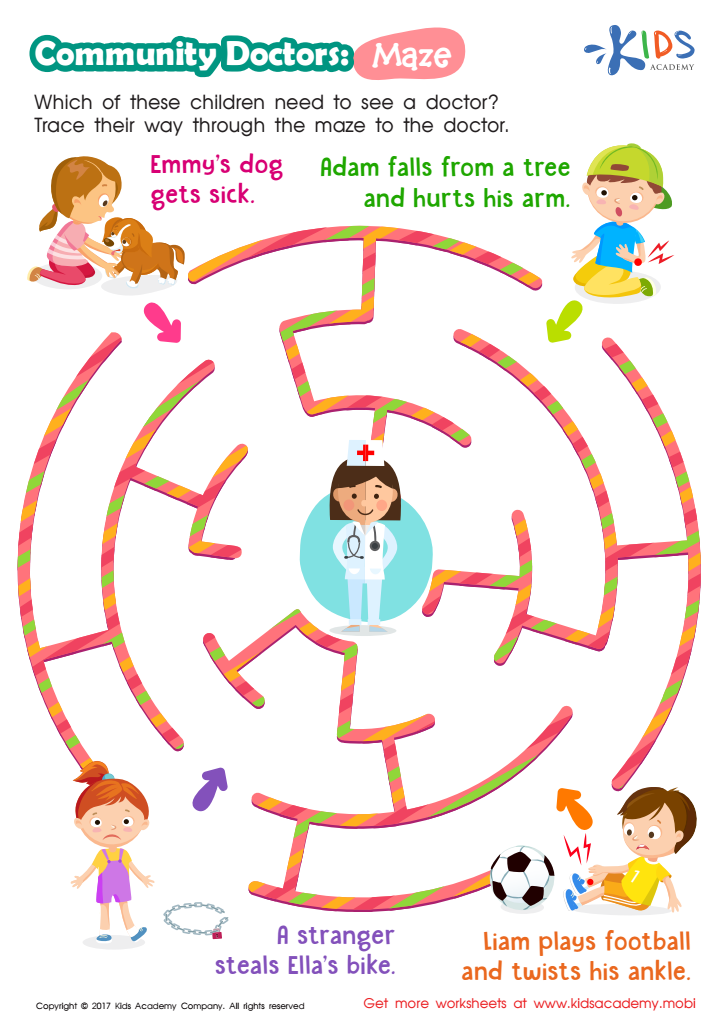

Community Doctors: Maze Printable
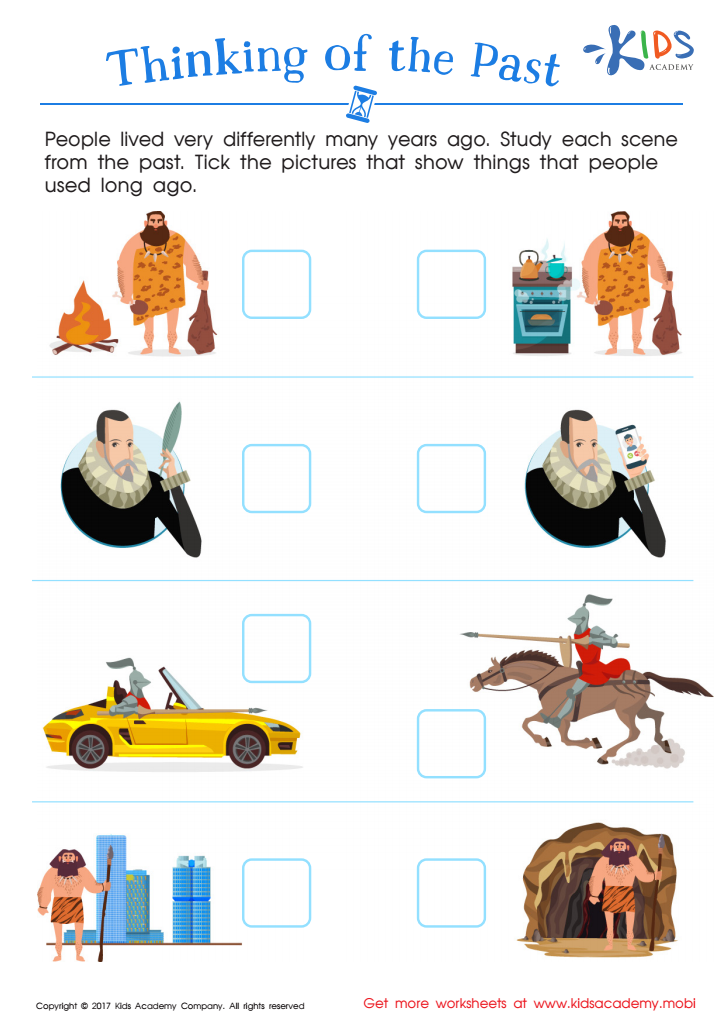

Thinking Past Printable
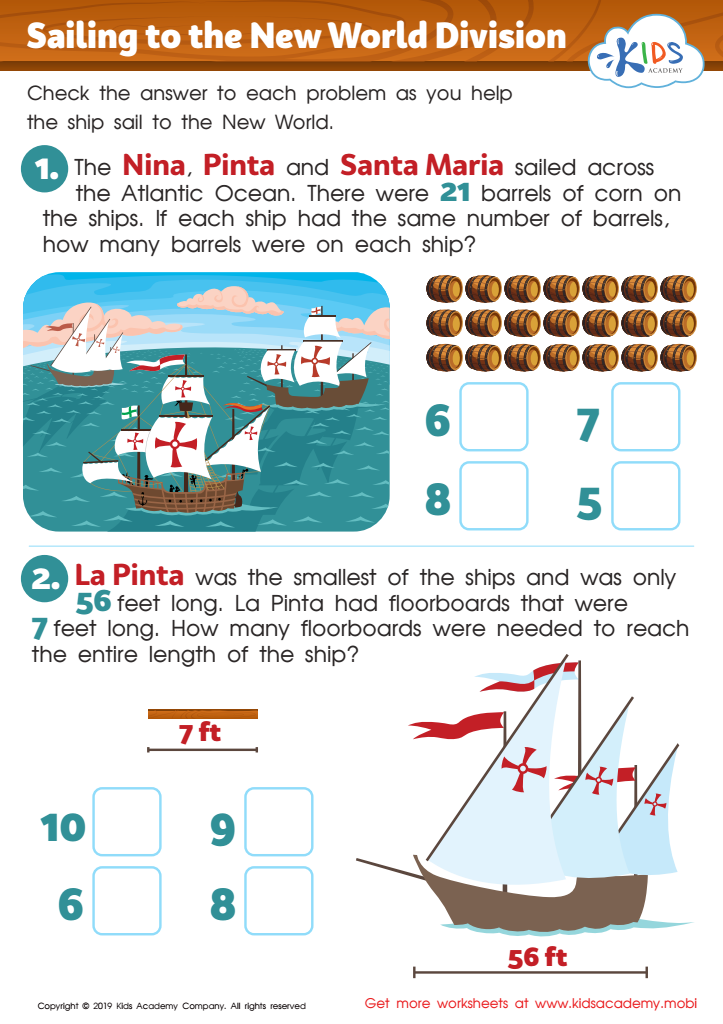

Sailing to the New World Division Worksheet
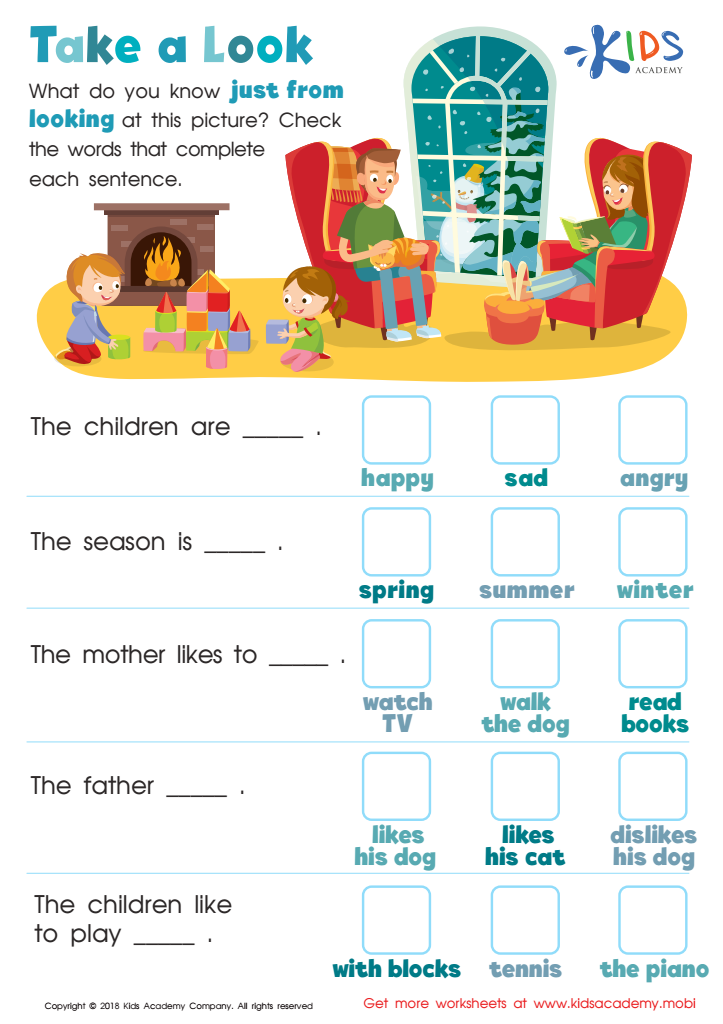

Take a Look - Part 1 Worksheet
Parents and teachers should deeply care about nurturing problem-solving skills in Grade 1 social studies as these skills lay the foundation for a child's future academic and life success. First, social studies teach children to understand the world around them, recognizing different communities, cultures, and societal norms. When faced with problems, kids learn how to think critically about situations, thereby enhancing their cognitive abilities.
Second, problem-solving is fundamental for developing decision-making skills. Young children learn how to analyze various elements of a problem, propose solutions, and evaluate possible outcomes. This practice not only sharpens their analytical thinking but also empowers them to make informed choices.
Furthermore, problem-solving in social studies fosters social-emotional learning. Children learn to work collaboratively, respect different viewpoints, and develop empathy by understanding the stories and perspectives of others. This builds their social skills and emotional intelligence, which are essential in both personal relationships and professional environments.
Finally, strengthening problem-solving abilities in social studies encourages a growth mindset. Children become more resilient and resourceful when they successfully navigate challenges, realizing that effort leads to improvement. By caring about these skills, parents and teachers are not merely teaching facts but equipping children with the tools necessary for lifelong learning and adaptability in an ever-changing world.
 Assign to My Students
Assign to My Students




